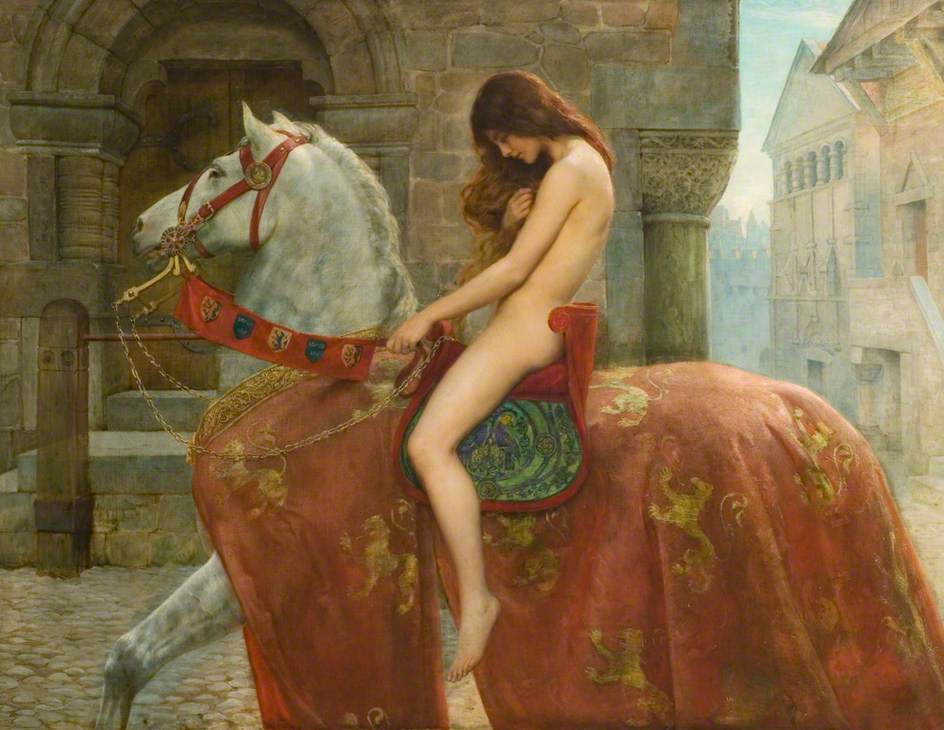Generally speaking, people do not like it when someone watches them undress or see them in a compromising situation. The act of looking in such a situation when a person explicitly tells you not to is called voyeurism, which is French for looking. Peeking is an extreme violation of trust and privacy and can even be considered a crime. However, there are people like Edgar Degas who made a career out of peeking. Degas is very famous for his portraits of women bathing, combing their hair and drying themselves with towels. Through peeking through windows without permission, Degas was able to capture the women’s natural beauty without any artificial manipulation (if he was not caught).
The prohibition against looking is well-established in heroic mythology.
In the bible, when God decides to destroy Sodom and Gomora (two cities that become so indulgent and decadent that they become the symbol of sin itself), angels warn Lot to leave Sodom with his family. They tell Lot and his family not to look behind them as they flee, for they would become consumed by the sin. However, his wife looks back as they leave and is turned into a pillar of salt.
This story is likely to have been derived from the Greek mythology of the musician Orpheus and his wife Eurydice. When Eurydice is unfortunately killed by falling in a pit of vipers, Orpheus becomes struck with grief and turns to singing and playing his lyre for comfort. The gods are so moved by his sad, mournful songs that they advise him of a way to save Eurydice. On their advice, Orpheus travels to the underworld and persuades Hades and Persephone to release Eurydice back to life with his music. The king and queen of the underworld, who are never moved by such things, are brought to tears by his music and accept Orpheus’ request. However, Hades tells him not to look at Eurydice until they reach the surface. Overjoyed, Orpheus takes Eurydice’s hand and leads her back to the living world. When Orpheus reaches the surface, he looks back in anxiety to make sure Eurydice is still behind him. However, he does not realise that both must be above the surface and when he looks back, Eurydice has not reached the upper world yet. She is dragged back into the underworld, never to return again.
There are many other instances of voyeurism being punished in literature, such as the Peeping Tom who is struck with blindness when he tries to peek at Lady Godiva in the nude, or anyone who makes eye contact with Medusa turning to stone. It is clear that voyeurism has been an integral part of humanity throughout history. No matter how immoral the act may be, the stories show that the hero always looks.


